Global Condemnation of Israel's Rafah Airstrike
Israel is currently facing the brunt of severe international criticism following an airstrike in Rafah, Gaza, which reportedly led to the deaths of dozens of people, predominantly civilians. This incident has sparked an outpouring of condemnation worldwide, with many nations and international bodies demanding an immediate and thorough investigation into the matter.
The incident occurred in Rafah, targeting two senior Hamas terrorists. Unfortunately, the strike also hit an area sheltering thousands of displaced individuals. According to the Hamas-run health ministry, the death toll has reached 45, with an additional 60 people wounded. This has raised significant concerns regarding the proportionality and necessity of the attack.
International Reactions and Condemnations
The European Union's foreign policy chief, Josep Borrell, condemned the strikes 'in the strongest terms'. His statement echoed the sentiment of many across the global political landscape. UN's Middle East envoy, Tor Wennesland, has also called for an in-depth investigation, emphasizing the need for accountability and justice.
Further adding to the chorus, the Palestinian Authority, along with nations like Egypt, France, Italy, Qatar, Saudi Arabia, and Turkey, have issued strong condemnations. Several of these countries have called for an immediate ceasefire, emphasizing the imperative to respect international humanitarian law. This shared outcry highlights the severity of the incident and the urgent need for diplomatic intervention.
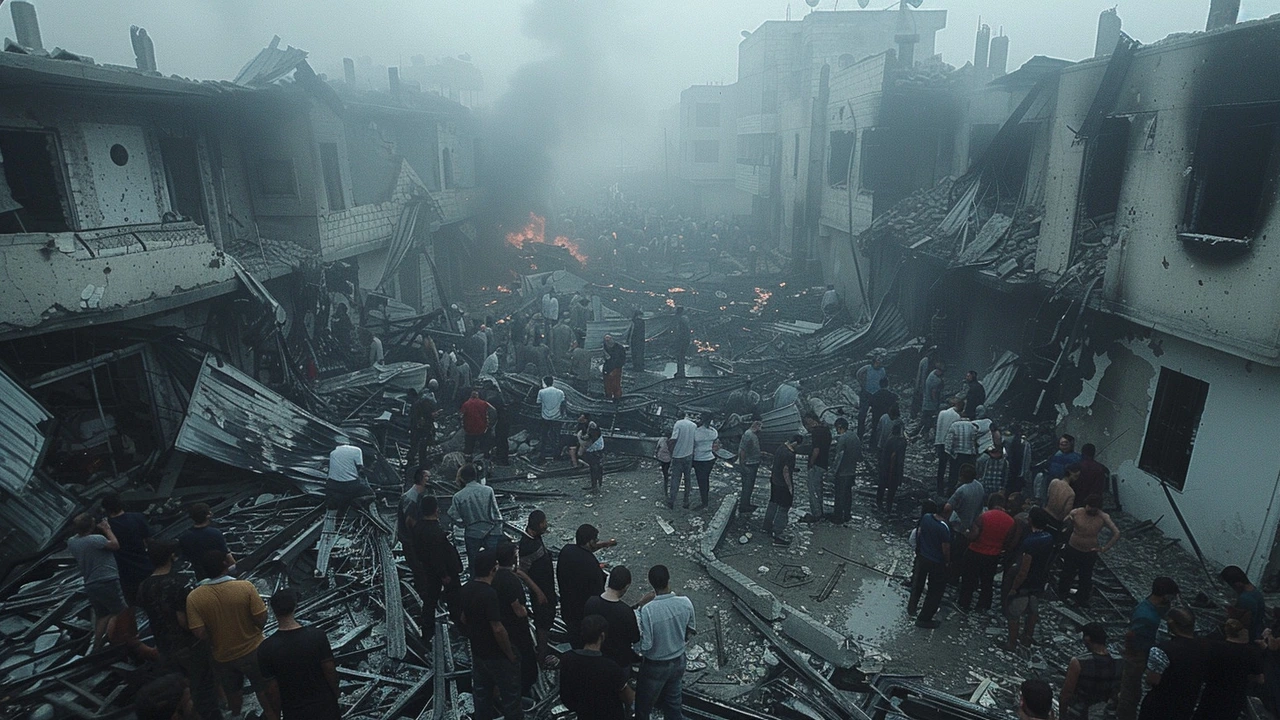
Israel's Response and Acknowledgement
In response to the mounting pressure and criticism, the Israeli Defense Forces (IDF) confirmed that the airstrike targeted a Hamas compound. The IDF has acknowledged the incident as 'very grave' and has indicated the necessity for a comprehensive investigation into what transpired in Rafah. This acknowledgment points to a critical moment of potential accountability and introspection for the Israeli military.
The Israeli government and its military forces are now tasked with navigating the delicate balance between addressing the legitimate security concerns posed by Hamas and adhering to the principles of international humanitarian law that govern armed conflict. The Rafah airstrike serves as a pivotal example of the challenges inherent in this balance.
A Call for Ceasefire and Humanitarian Law Adherence
The broader call for an immediate ceasefire and a reinvigorated respect for international humanitarian law is not only a response to the Rafah incident but also a broader plea to mitigate the cycle of violence affecting the region. The international community's strong reaction underscores the necessity for all parties involved to prioritize civilian safety and the principles of proportionality and necessity in conducting military operations.
France, for instance, through its diplomatic channels, has reiterated the importance of an immediate cessation of hostilities and the urgent need for both Israeli and Palestinian leadership to return to meaningful dialogue. This reflects a growing consensus among many nations that peace can only be achieved through diplomatic and non-violent means.
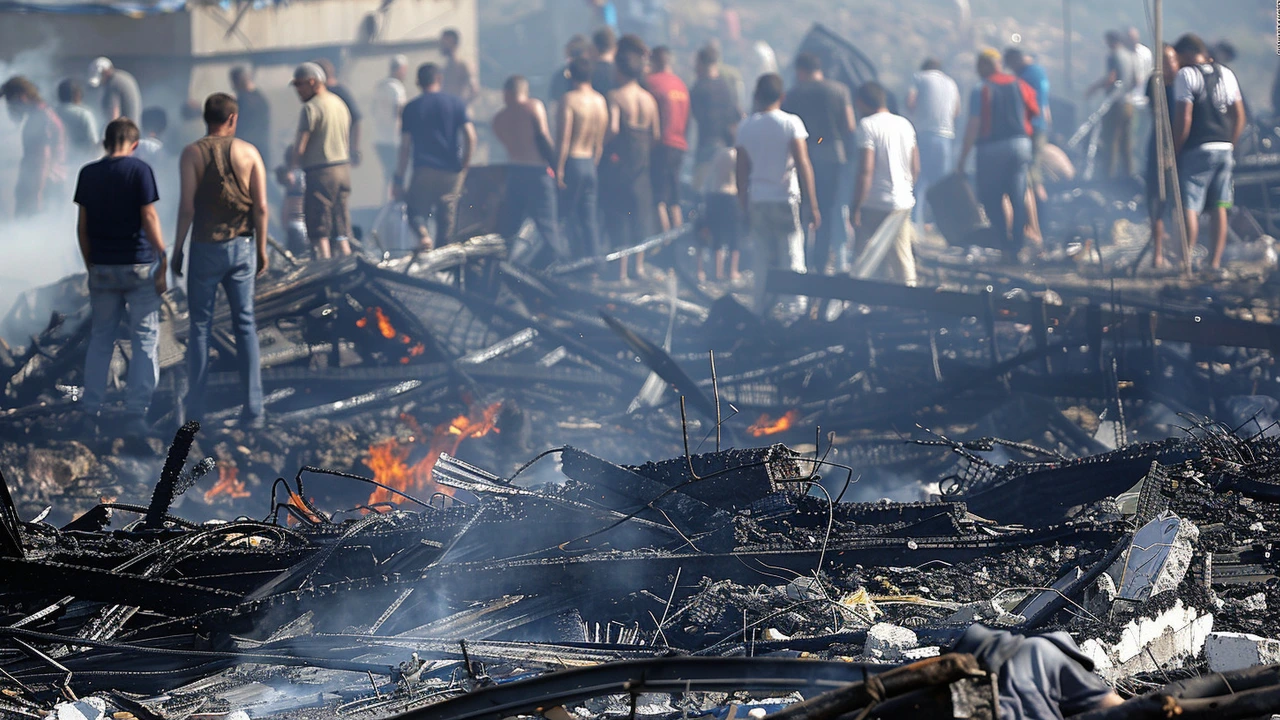
Implications for Israeli-Palestinian Relations
The Rafah airstrike and the subsequent worldwide condemnation have significant implications for Israeli-Palestinian relations. It adds another complex layer to an already fraught situation. The international community's unified stance demonstrates the increasing global impatience with the ongoing conflict and a collective desire to see a return to peace negotiations.
The Palestinian Authority's strong reaction is indicative of the deepening crisis of trust between the two sides. It also resonates with the broader Palestinian populace's grievances, which have been further magnified by this tragic incident.
The Humanitarian Impact
The humanitarian impact of the airstrike cannot be overstated. Thousands of displaced individuals who sought refuge in what they perceived to be safe zones now find themselves caught in the crossfire. The images and stories emerging from Rafah paint a stark picture of the human cost of this conflict. Innocent civilians, particularly women and children, bear the brunt of such military engagements.
International aid organizations and human rights groups have been quick to highlight the dire humanitarian situation in Gaza. They have renewed calls for unfettered access to provide essential aid and medical supplies to those affected. This aspect of the crisis underscores the urgent need for a comprehensive humanitarian response that transcends political and military considerations.
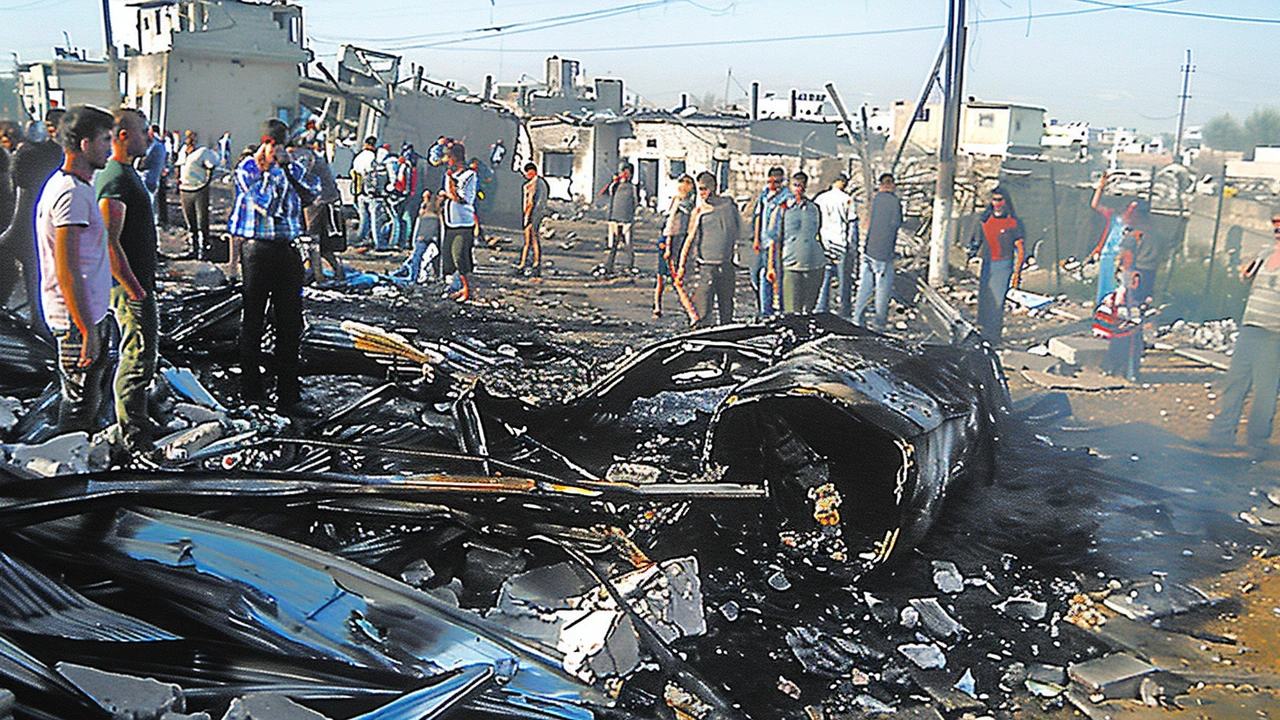
A Path Forward
The Rafah airstrike serves as a somber reminder of the tragic consequences of prolonged conflict. It highlights the urgent need for sustained international efforts to broker peace and ensure accountability for actions that disproportionately affect civilians. The international community's reaction underscores the importance of adhering to international humanitarian law and prioritizing the protection of innocent lives.
As the dust settles in Rafah, the global spotlight remains fixed on how Israel and the broader international community will respond. The calls for an immediate ceasefire, coupled with demands for an impartial investigation, may pave the way for a renewed focus on diplomacy and peace-building. In the face of such adversity, the hope remains that dialogue and a commitment to humanitarian principles will guide the path forward.

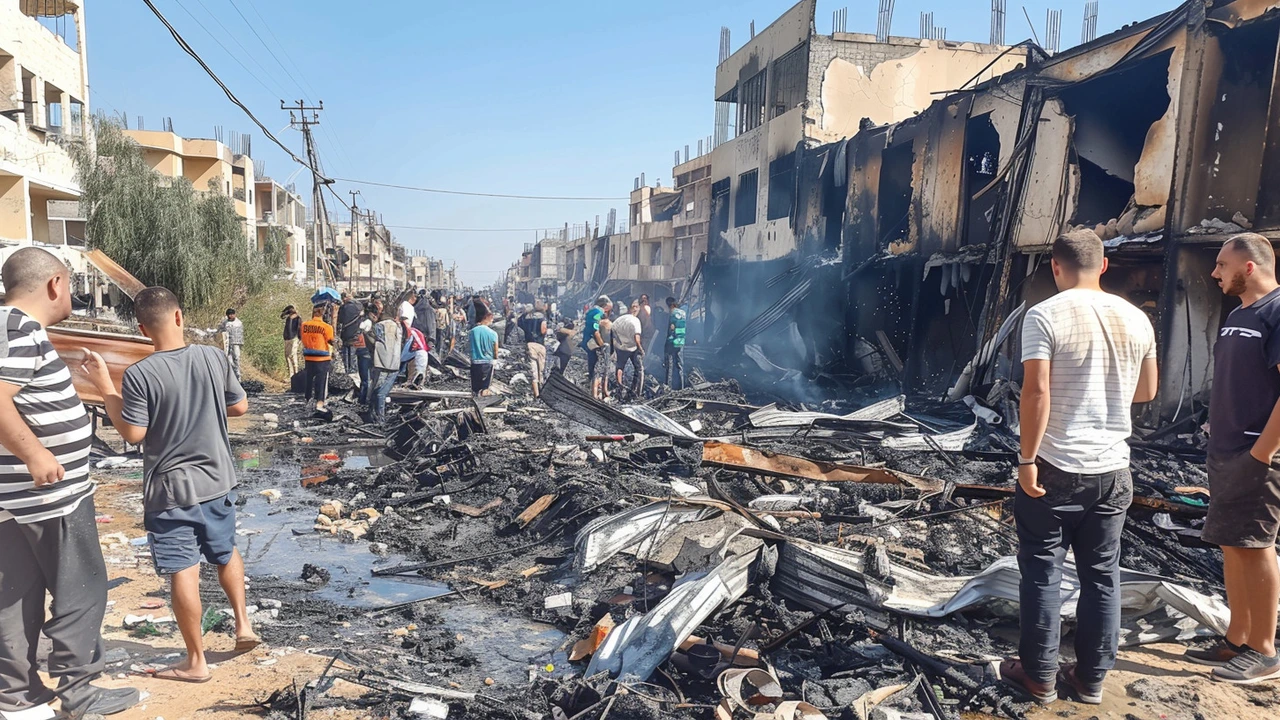


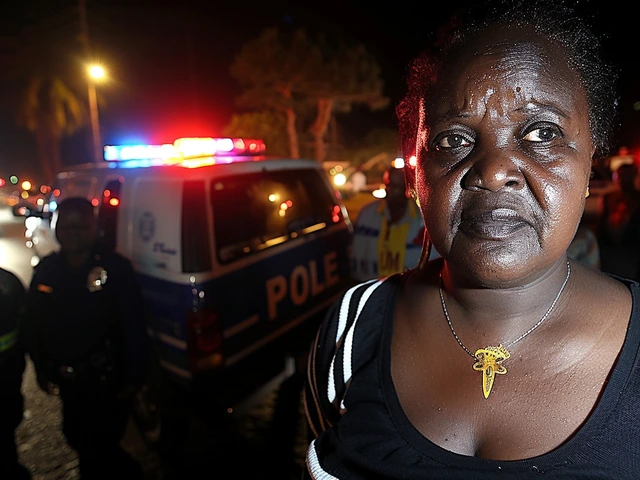
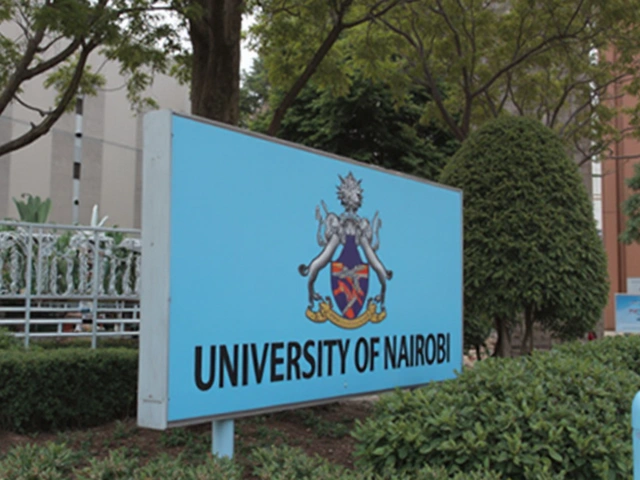

Arun kumar Chinnadhurai
May 28, 2024 AT 23:50We need to keep the focus on civilian protection while still addressing security threats. A thorough, independent investigation can help restore trust. Meanwhile, humanitarian aid must flow without obstruction, and diplomatic channels should stay open to de‑escalate tensions.
Aayush Sarda
June 8, 2024 AT 23:44Israel has a right to defend its citizens against Hamas, yet it must do so within the bounds of international law. Targeting a compound that also shelters civilians raises serious proportionality concerns that cannot be ignored.
Mohit Gupta
June 19, 2024 AT 23:37Wow, another tragedy, hearts ache!
Varun Dang
June 30, 2024 AT 23:30There's a sliver of hope that the global community can pressure both sides into a genuine ceasefire. When we all push for dialogue, even the smallest steps can lead to meaningful change.
Stavya Sharma
July 11, 2024 AT 23:24The pattern of civilian casualties points to a deeper failure in operational planning. Over‑reliance on aerial strikes in densely populated areas inevitably endangers non‑combatants. It's time for a strategic reassessment that prioritizes lives.
chaitra makam
July 22, 2024 AT 23:17It’s really sad to see more families lose loved ones. We should all support aid groups working on the ground.
Amit Agnihotri
August 2, 2024 AT 23:10Condemnation without accountability is empty. Real justice demands transparent investigations and consequences for violations.
Erica Watson-Currie
August 13, 2024 AT 23:04War strips us of our humanity; we must remember that every statistic is a person with a story.
Mark Pelletier
August 24, 2024 AT 22:57Reading through the details of the Rafah strike feels like watching history repeat itself in slow motion. The images of civilians caught in the crossfire bring a heavy weight to our collective conscience. International law is not just a set of abstract rules; it is a lifeline for the innocent when bombs fall. When states claim self‑defense, the proportionality test should be the first checkpoint, not an afterthought. The loss of 45 lives, many women and children, is a stark reminder that precision often fails under the fog of war. While security concerns are real, they do not grant carte blanche to target shelters. Humanitarian corridors must remain inviolate, and any breach erodes the moral high ground. The global outcry, from the EU to the UN, signals that the world is watching and unwilling to accept impunity. Yet, political rhetoric often drowns out the cries of the wounded, turning policy into a game of scores. An impartial investigation could serve as a bridge between justice and peace, but only if it is truly independent. Media narratives sometimes simplify complex realities, but the truth lies in the nuance of each tragic story. Aid agencies on the ground are battling logistics, not just politics, and they need unfettered access to deliver vital supplies. The cycle of retaliation fuels a never‑ending loop that only a genuine ceasefire can break. Diplomatic efforts must move beyond statements and translate into actionable steps. In the end, the hope for a lasting resolution rests on the willingness of leaders to prioritize human life over territorial ambitions. Until then, the shadows of Rafah will linger in our collective memory.
Cheyenne Walker
September 4, 2024 AT 22:50Providing verified casualty figures helps the international community assess the situation accurately and formulate appropriate responses.
Jo Simpkinson
September 15, 2024 AT 22:44Sure, because a 16‑sentence essay totally solves the crisis; maybe next we’ll draft a haiku to stop the rockets.
Darrell Kuykendall
September 26, 2024 AT 22:37Indeed! The depth of analysis is impressive; however, action is still needed; let's push for concrete steps, not just words!
Dean Obijekwu
October 7, 2024 AT 22:30I agree that humanitarian corridors must stay open; any blockage only worsens the suffering.
finlay moss
October 18, 2024 AT 22:24Honestly, the whole situation could've been avoided if the IDF used better intel-just sayin, the ops were sloppy af.
Carl Gough
October 29, 2024 AT 21:17Enough with the half‑measures! It's time for bold moves, transparent probes, and immediate relief-no more excuses, just results.